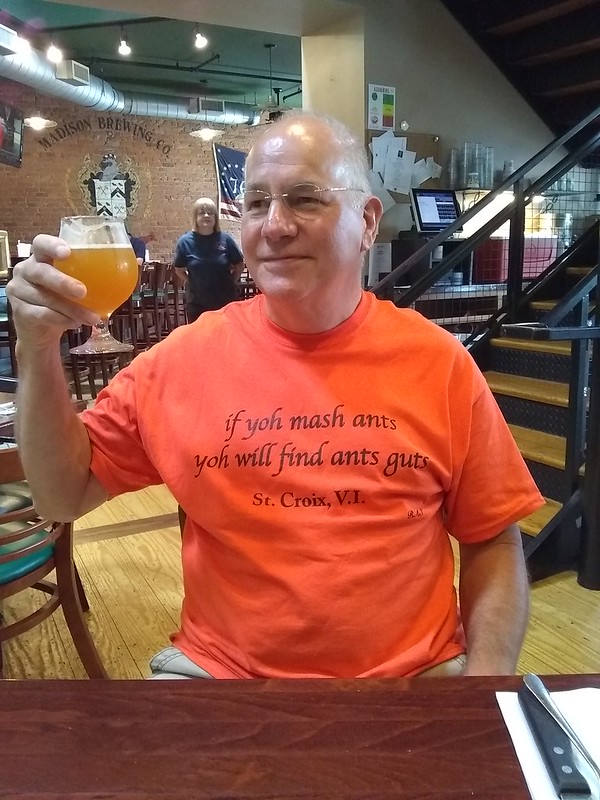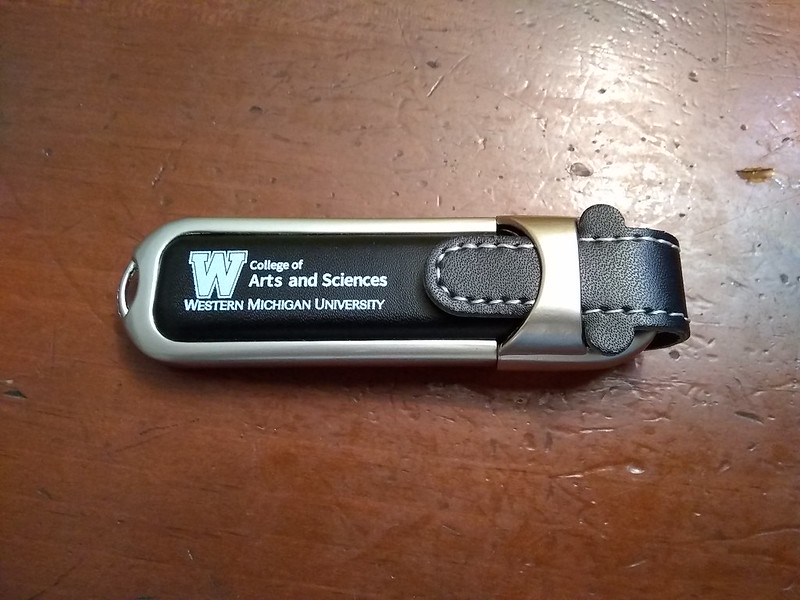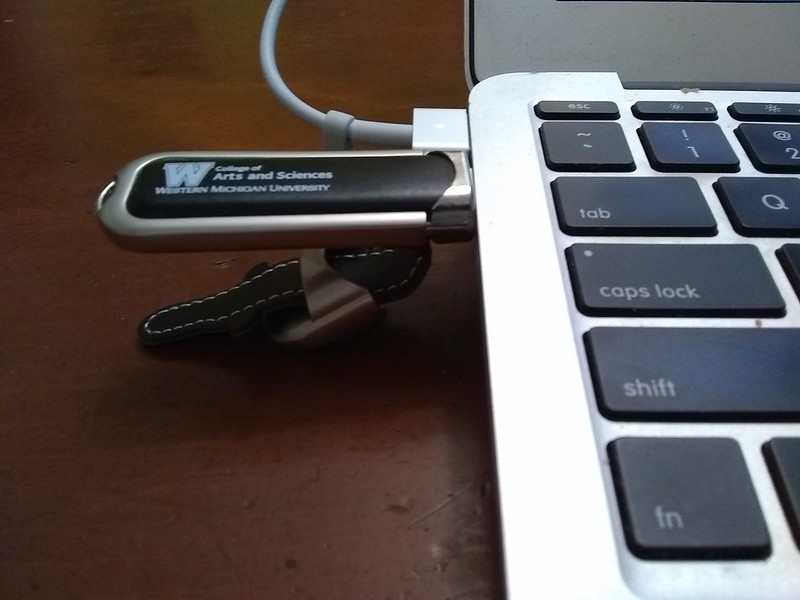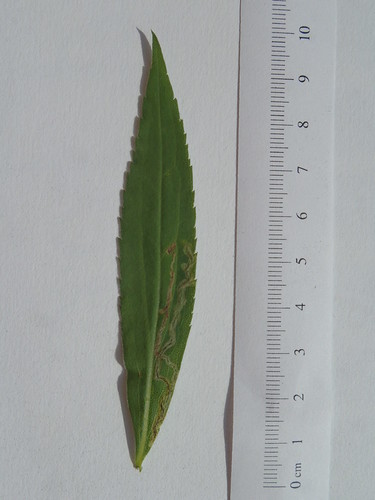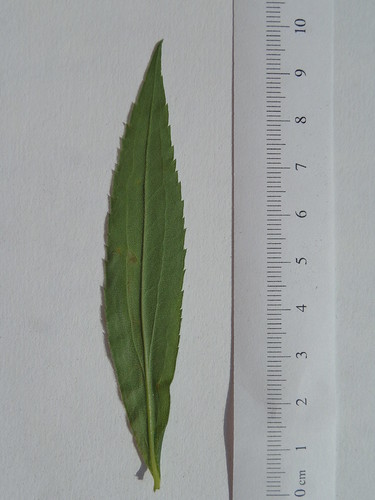On Tuesday, July 18, 2017, Phil Hotchkiss and I set out with our great friend Buzz Hoagland for an epic road trip to Vermont to visit craft breweries and bring home some select examples (hopefully including Heady Topper) to share with friends. Buzz had spent the previous week or two researching breweries in Vermont to find the best IPAs to sample. He had compiled a mammoth set of pages and had printed them out with all the data: breweries, maps, lists, pictures, and addresses. He handed this thick bundle of pages to me when I got into the car and I joked he that he must have printed out the whole internet.
We drove to Bennington, Vermont where we stopped at a brewpub for lunch and then headed next to Middlebury, the second stop of eleven Buzz had planned out. We had one beer at the Drop-Inn Brewery, but when we got back in the car, something happened. We realized something was wrong, but by the time we'd gotten around the side of the car, Buzz was already unconscious. Moments later, he stopped breathing. And just like that, he was gone. It was the most heart-breaking moment of my life.
I had to travel to Wisconsin to meet Buzz Hoagland. We were both at a BioQUEST Curriculum Consortium workshop in… 1997? 1998? Something like that. We were all biologists and teachers, but he was also a Mac user. And he had a beard and wore glasses. And he liked drinking good beer. We hit it off. It was only as the workshop was coming to a close that we discovered that we lived less than 50 miles apart. John Jungck used to say that the purpose of BioQUEST was to "begin conversations worth continuing." It certainly achieved its goal with us.
Buzz was due for a sabbatical that fall. He expressed interest in co-teaching my class with me for his project, which I welcomed and arranged. The class met once-a-week in the evening. Afterwards, we would go to drink a beer (or two) and debrief about how things had gone and to plan for the next class. I remember we had a hard time finding someplace that served beer that was also quiet enough to have a conversation. Eventually, we went to the Chilis in Hadley, in spite of the mediocre selections. I remember telling Randy Phillis how amazing it was to teach with someone and then go out for a beer and conversation, marveling at the simple pleasure of it. He quipped, "Well, I used to have these things called 'friends'…"
After the class, was over, we continued to work on new projects and to meet and drink beer. When we first met, he was still making homebrew. His Partisan Politics ale found a fan in me. Lucy, my mom, really liked a cream ale he could make. And his Toadspit Stout was something to marvel at. He could even make root beer! He gave me some advice when I wanted to try making homebrew which I did a few times (with mixed results). As the craft beer revolution took off, however, he eventually found he could purchase better beer than he could make. And so he pretty much quit making beer, except as a tribute to friends for parties, as he did for my 50th birthday party. Or weddings, as he did for Phil Hotchkiss.
Our relationship was multi-faceted. We discussed biology and teaching. But we were also both interested in technology and were Free Software advocates. We did web development and used Drupal together. We both loved cycling. We developed on-line classes together. We were both active in faculty unions and campus governance. We both had families and children. And passions. And problems. Buzz was someone I could always talk to about anything.
On the other hand, we were very different people too. Buzz was outgoing and charismatic. At a meeting, he would always be in the center, like a star, surrounded by other people. I would tend to sit in the corner by myself. I always felt a bit invisible—a bit self-conscious—when I was in a group with Buzz, because he was so present and so popular. And yet, time after time, he would come to me. And spend time with me. And invite me to spend time with him. I couldn't quite believe it at first and never did wholly understand it. But as the years wore on, I came to depend on the bond of trust between us that was as real as anything in my life.
A few years later, our relationship deepened when he invited me to join him in St. Croix to participate in his mongoose research. Buzz had been visiting the island off-and-on at that point for 30 years to study mongooses. But after that first year, I started going regularly. I couldn't go every year, partly due to finances, but also due to my other interests (cf. Esperanto.) But it was always the highlight of my year to visit St. Croix and be met by Buzz at sunrise every morning with "It's another beautiful day in paradise…"
I have so many memories of Buzz. Many were from our adventures in St. Croix: Driving back from the field, coming up over the rise, and seeing the brilliant blues of the Caribbean sea laid out before us… Watching bats under the Tamarind tree… Going shopping at Plaza Extra… Taking an "easy walk" with him to tide pools… Racing in jeeps along the "scenic road" (or, more accurately, scenic "road") to Creque Dam… Getting chased and stung by africanized bees and jack spaniards… Snorkeling on the Buck Island tour… Seeing baby sea turtles for the first time… Watching the sunset and looking for the Green Flash…
But many are just part of my everyday life: Working on manuscripts together… Cooking steaks on the grill in his back yard… Building a server together… Meeting at "high noon" for lunch with friends at Opa Opa. Or Hangars. Or the Northampton Brewery. Or the Student Prince. Visiting breweries and craft beer festivals… Riding from brewery to brewery in Pedal2Pints… Every day was like an adventure with Buzz.
It was a terrible shock to lose Buzz this way, so suddenly. He always seemed larger than life: like he was a man of brass. I never doubted but that he would live into his 90s like his father. I just assumed he would live forever—that he would live longer than me, anyway. But I can't be sad. The time I got to have with him was such a gift.
My friendship with Buzz Hoagland was one of the most transformative experiences of my life. I will treasure each of the moments of his life that he chose to share with me. I will never forget his generosity of spirit and the model he made of his life for his family and students and friends. I am certain that for the rest of my life, whenever I watch a sunrise or drink a glass of IPA, I will remember my dear friend Buzz Hoagland and be glad for the time we had together.
